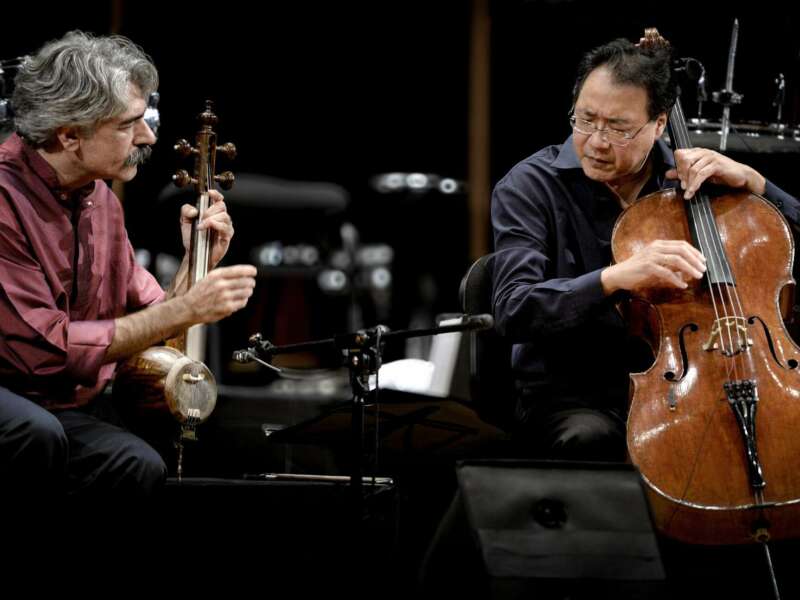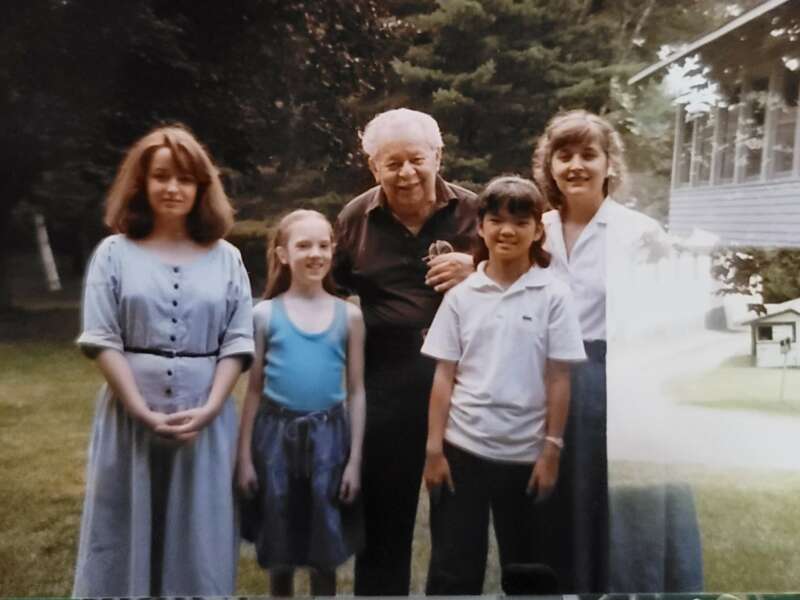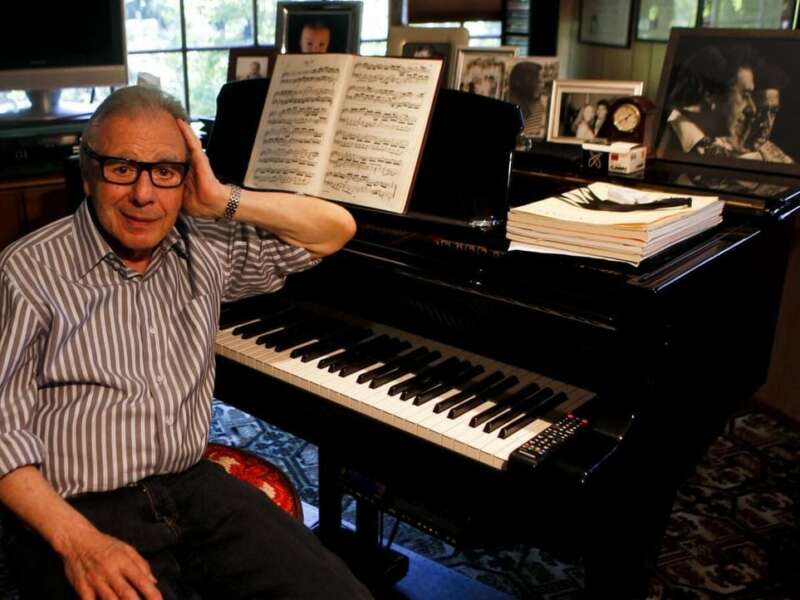Study Finds Rivalries Between 19th Century Composers Caused Premature Deaths
New research, presented this week in the Social Science and Medicine journal, has concluded that many 19th Century classical music composers died prematurely - due to injurious rivalries and the ongoing stress of competing with contemporaries.
The study, conducted by academics at the University of Southern Denmark, involved the statistical analysis of 144 composers – and found that the stress of lifetime competition from just one extra composer, working in the same city, was enough to reduce life longevity by more than two years.
"This study presents novel and robust evidence on the adverse effects of peer competition on longevity,'' research lead, Dr Karol Jan Borowiecki has told The Telegraph, “ ... our findings indicate that peer competition incorporates a large negative externality in terms of a decreased state of health and premature death."
The study highlighted the persistent struggles faced by 19th Century composers, including the tussle for the use of scare concert halls and resources – and presented stronger than average correlations with depression, nervous breakdowns, anxiety and shortened life longevity.
The research cited the example of Maurice Ravel, who was hospitalised with the severe depression following the failure of his ballet, 'Daphis et Chloe' – which premiered in the same Concert Hall just 10 days prior to Debussy's 'Prelude to the Afternoon of a Fawn'.






































Sorry, the comment form is closed at this time.